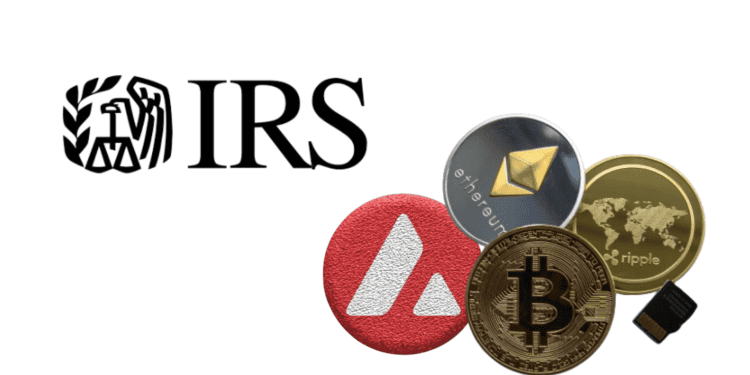- Starting in 2024, a new provision in the infrastructure bill will require cryptocurrency investors to report transactions over $10,000 to the IRS, which has sparked concerns that the rules are unclear or too difficult to follow.
- The goal is to close the “tax gap” by making it harder for crypto investors to avoid paying taxes on capital gains, but the rules have been criticized as overly broad and vague.
- Potential solutions include exemptions for certain types of transactions like mining or DEX trades, as well as a “de minimis” exemption for smaller transactions under $10,000, but for now the new rules take effect in 2024 even if IRS guidance on compliance is still forthcoming.
Starting in 2024, a new provision in the bipartisan infrastructure bill will require cryptocurrency investors to report transactions over $10,000 to the IRS. This has sparked concerns among many in the crypto community who feel the rules are unclear or too difficult to follow.
Background on the New Reporting Rules
The infrastructure bill, signed into law by President Biden in 2021, expanded existing rules requiring brokers to report certain customer transactions to the IRS. Under the new provision, cryptocurrency exchanges and custodians are considered “brokers” and must provide information on transactions over $10,000, including customers’ names, addresses, and social security numbers.
The goal is to close the “tax gap” by making it harder for crypto investors to avoid paying taxes on capital gains. However, the rules have been criticized as overly broad and vague.
Challenges with Complying
According to Jerry Brito, executive director of Coin Center, many crypto users will struggle to comply with the new reporting requirements. For example:
Reporting for Miners and Validators
- If a miner or validator receives over $10,000 in block rewards, whose personal information should they report?
Reporting for DEX Transactions
- For a decentralized exchange transaction between two crypto wallets, there is no “broker” to report customer data. How can users comply?
Reporting for Anonymous Transactions
- How can transactions be reported if the sender is anonymous?
Potential Solutions
In light of these concerns, some have proposed that the IRS introduce exemptions for certain types of transactions like mining or DEX trades. Coin Center also suggested a “de minimis” exemption for smaller transactions under $10,000.
For now, the new rules are set to take effect in 2024. Crypto investors should be prepared to report transactions over the $10,000 threshold to avoid penalties, even if the reporting process remains unclear. Further IRS guidance on compliance is expected in the coming years.














